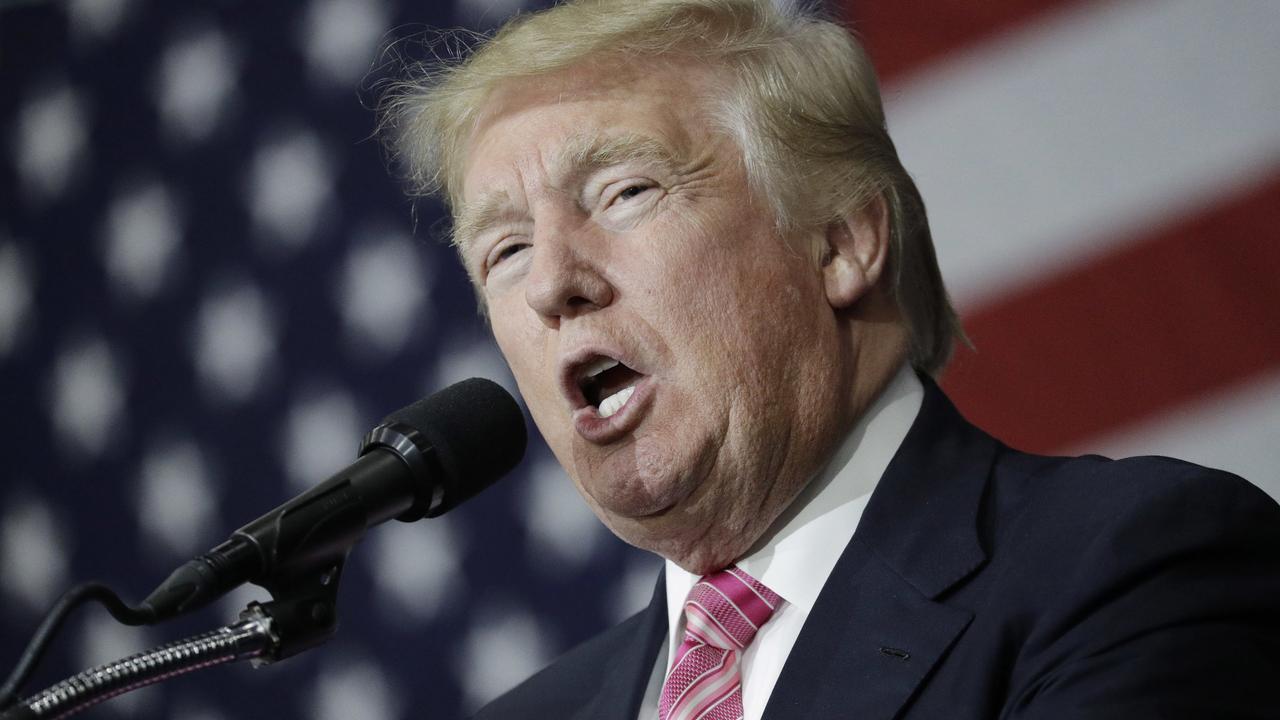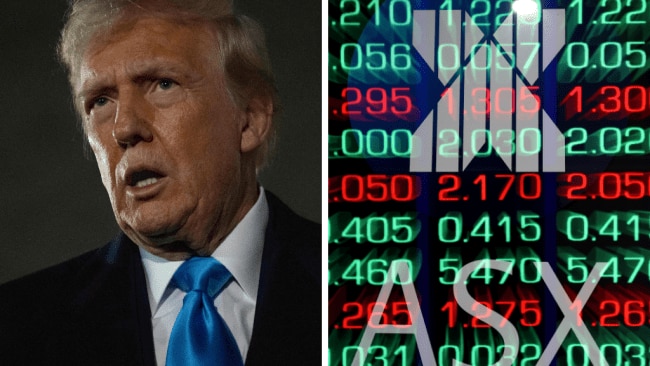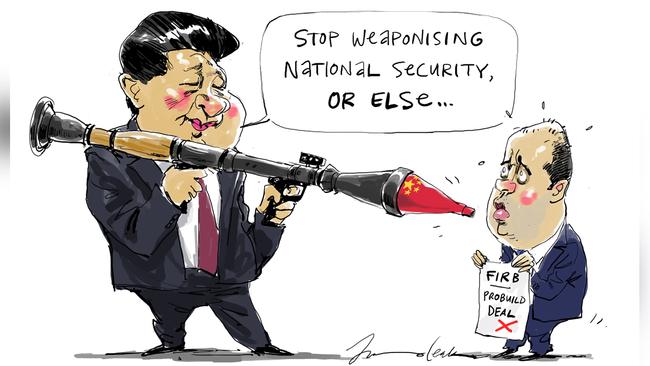
The good news for the world economy is that the Chinese economy seems to be coming out of the Covid crisis a lot better than many people thought.
Expectations are that it will record a growth rate close to 9 per cent this year, which will be a lot stronger than most other large economies, if not the strongest.
But the bad news for Australia is that the potential for continued record levels of trade with China has been eroded by a string of government policies.
This week’s decision to reject a takeover offer by a Chinese construction company for Australian builder Probuild may well be the straw that broke the camel’s back in the already difficult Australia-China relationship.
Beijing has made it clear that it sees the decision, made on national security grounds, effectively “politicising” any normal commercial deals by Chinese companies in Australia.
A spokesman for China’s Ministry of Foreign Affairs described the decision as “the latest example of how the Australian government has been politicising trade and investment issues, violating market principles and the spirit of the China-Australia free trade agreement, and imposing discriminatory measures on Chinese companies”.
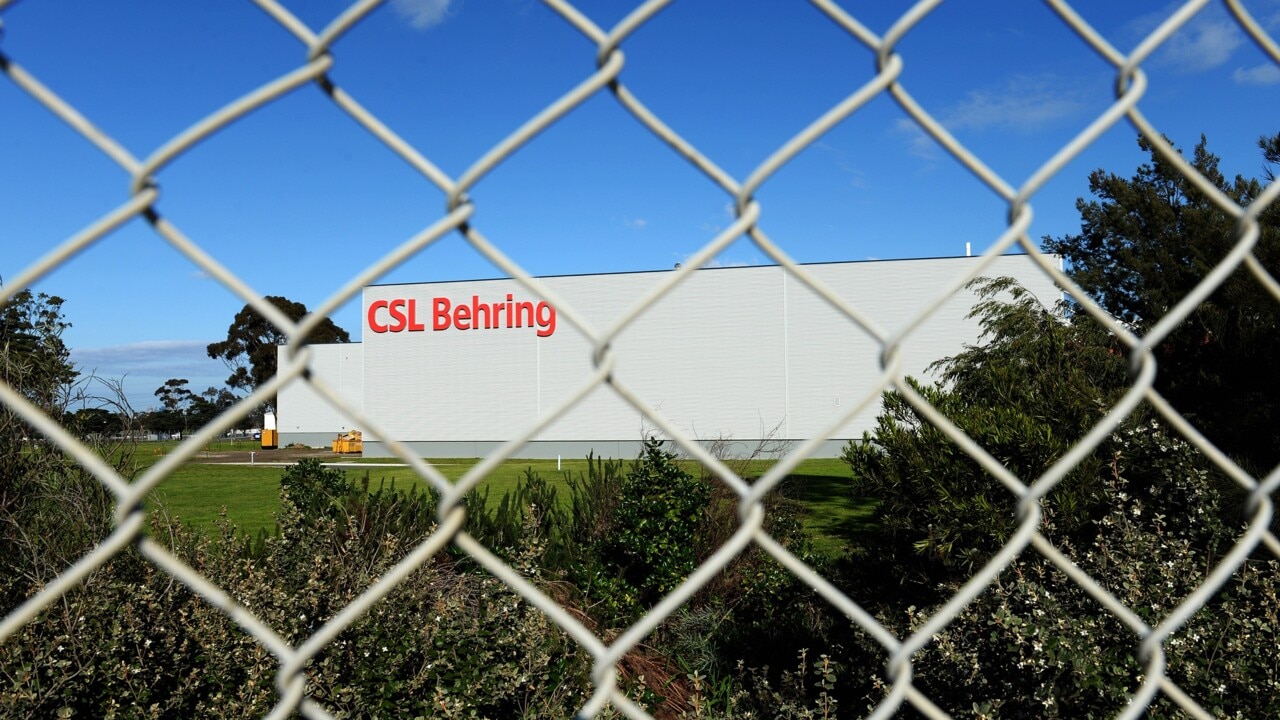
He said: “Such actions have disrupted the sound momentum in practical co-operation between China and Australia and hurt the image and reputation of Australia itself.”
Australia, it seems, will find national security concerns with just about every new proposed Chinese investment and Treasurer Josh Frydenberg has all but made it clear that Chinese investment is just not welcome in Australia.
When you go looking for reds under the bed at every turn it is amazing how many you can find.
As long-time foreign investment adviser David Williams told The Australian, the decision combined with the lengthy delays which foreign investors now face with FIRB discourage not only Chinese investors but others who will look with concern at the regulatory hurdles they face in looking to invest in Australia — particularly if it involves any competitive bidding process with local buyers.
In short, Australia actually is not open for business for a lot of foreign investment, with increasing uncertainty about what assets can be deemed national security or critical infrastructure.
It is inevitable that the latest moves to block the deal on national security grounds will be met with even more retaliation from Beijing — this after a year of tariffs being put on Australian barley and wine and problems with exports of coal and timber.

The continued strength of iron ore prices has helped to paint over the fact that Australia’s trade with China is falling with sector after sector taking a blow.
The increasing moves by the federal government to align itself with the anti-China hawks of the Trump administration come at a time when the Chinese economy is among the strongest in the world.
In a speech given to its annual conference on China this week, the president of UBS Asia Pacific, Edmund Koh, noted that “China’s economic rebound is there for all to see”.
“We expect China’s GDP growth to rebound to 8.2 per cent, led by exports and domestic consumption,” he said.
“We see China’s exports growing by 11 to 12 per cent as the global economy recovers from recession.
“Domestic consumption is expected to rebound 10 per cent as the labour market improves and consumer confidence returns.”
China’s current five-year plan is targeting the doubling of China’s GDP by 2035, which would mean an average growth rate of 5 per cent a year over the next decade.
At these levels, UBS is predicting that China’s GDP is expected to surpass the US and become the world’s biggest economy by 2028, one to two years ahead of what was expected a year ago.
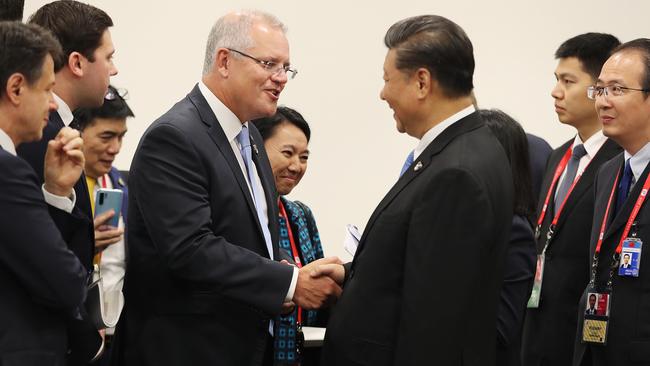
Decades of diplomacy
Australia had a front-row seat in the China economic growth story until recently, thanks to decades of diplomacy on both sides and the China Australia Free Trade Agreement which came into force in December 2015.
The agreement provided the catalyst for the soaring of Australia-China trade to more than $200bn a year by 2019 before the pandemic closed the borders.
Anyone can negotiate a free-trade agreement, and Australia has many with a range of countries. But the success of CHAFTA came about because of the complementarity of the Australian and Chinese economies, a factor noted by UBS’s China head David Chin this week in an interview with Australian media.
There is almost a perfect complementarity between the goods Australia produces in terms of minerals, agricultural and food products and health care-related services and what China wants.
But there is also a good personal business-to-business chemistry between buyers and sellers in Australia and China which has resulted in the record trade levels which saw China, at its height in 2019, take almost 40 per cent of Australian exports.
For a variety of reasons the federal government is choosing to see Xi Jinping’s China as a threat rather than an opportunity, an approach which could well become a self-fulfilling prophesy.
A few years ago Australian observers would have studied Chinese economic and social growth trends for new business opportunities. The opportunities are there for foreigners wanting to sell into the China market at a time when growth rates around the world are weakened by the pandemic.
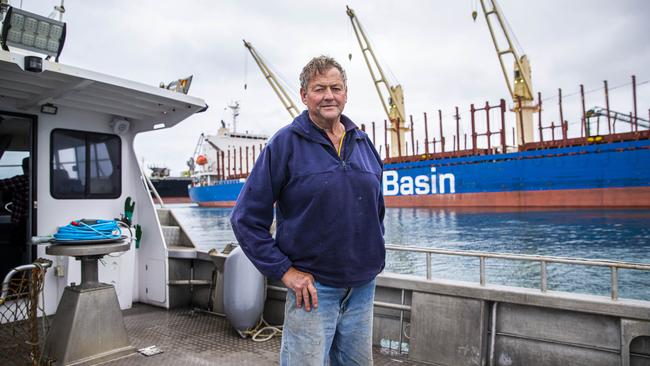
Expanding middle class
“With an expanding middle class, China’s total consumption market will increase by $US8 trillion to $US9 trillion in this decade, the largest in the world, creating significant opportunities for both companies and investors,” UBS chair Axel Weber said in his opening remarks to its annual China conference this week.
“Despite an ageing population and external challenges, we expect the Chinese economy to be the biggest contributor to global growth for many years to come.
“China was already an attractive market in the past, but its attractiveness has increased further.
“Unfortunately most other countries were (more) affected by the pandemic than China and will suffer the consequences for a long time.”
UBS speakers at the conference have listed a range of opportunities in supplying China’s growing middle class with a range of products from electric cars to cosmetics to online education for children.
Many other countries have bilateral tensions with China over a range of issues but few have been so outspoken as Australia has.
The US has had serious clashes with China under Trump but it has a trade deficit with Beijing, which it hopes to reduce.
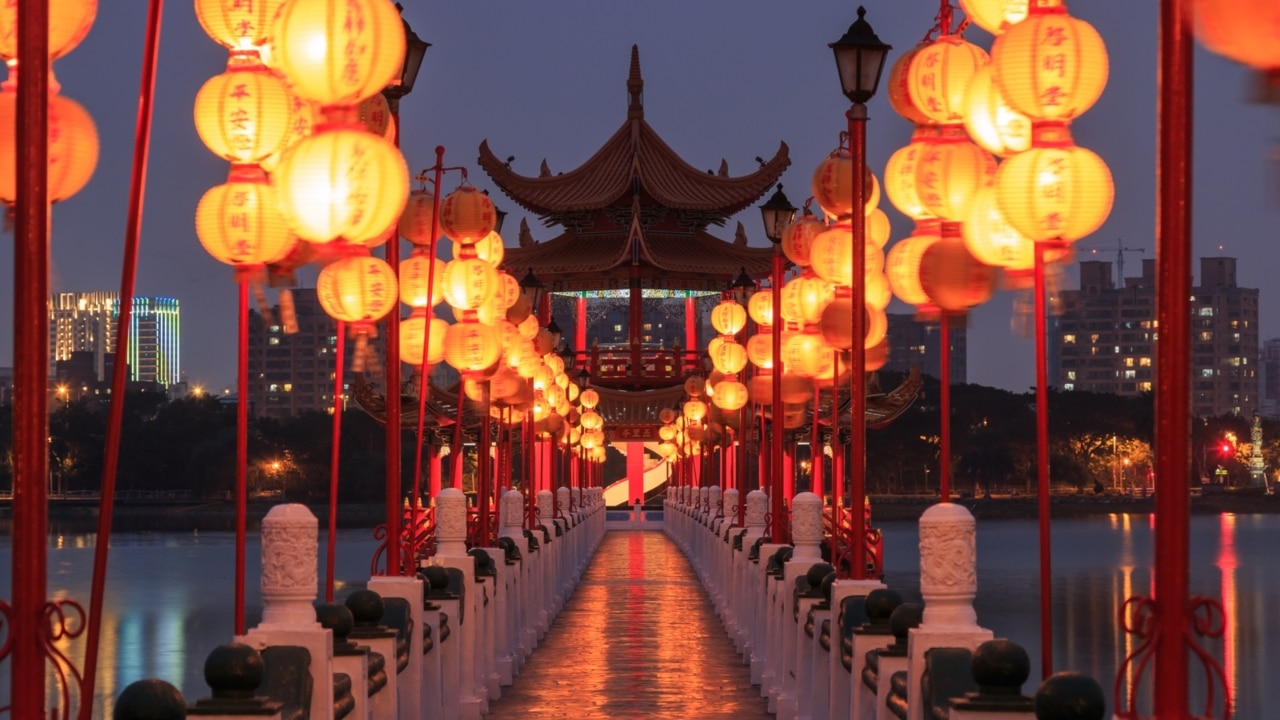
Australia, on the other hand, has a trade surplus with China which has been a positive for the economy to date but has still adopted the same aggressive public stance which will effectively reduce its surplus.
Europe has broken ranks with the US in its investment deal with China signed just ahead of the inauguration of Joe Biden.
The deal is seen as given European companies an edge in investing in China while still insisting on a range of conditions.
Australia will be watching closely to see the Biden administration’s policy on China.
The rocky road with China is about to get rockier while Beijing is confirming its role as an engine of world economic growth.
But unlike the years following the global economic crisis, Australia’s ability to take advantage of that growth is falling away.






